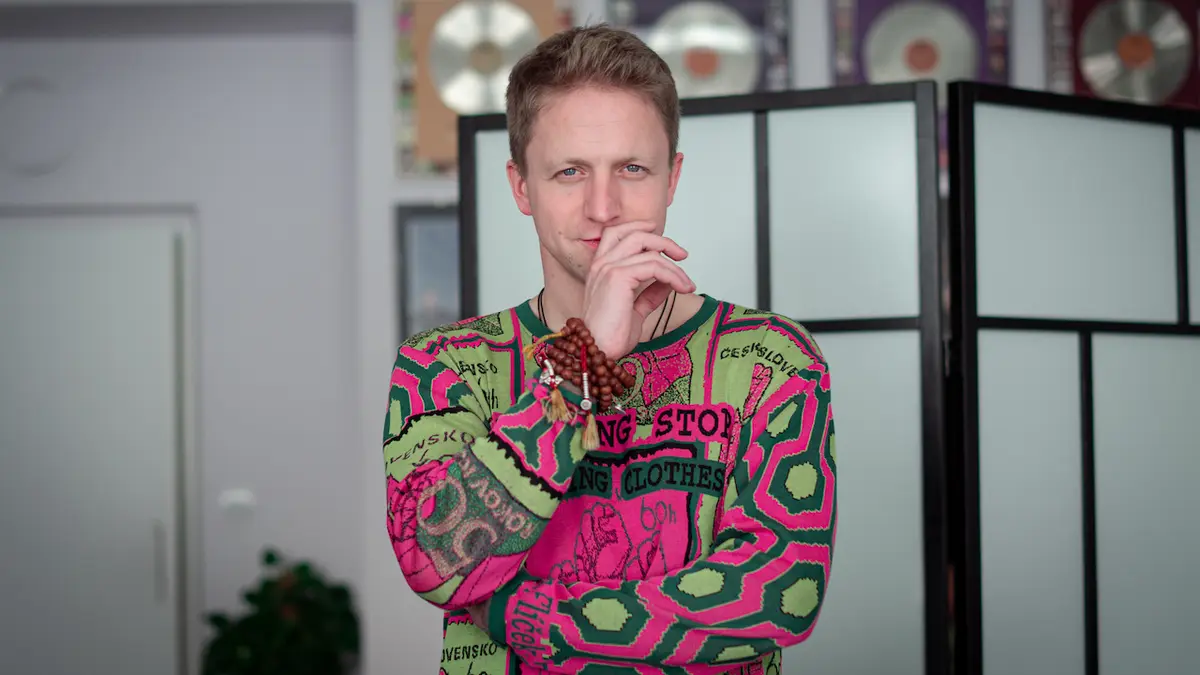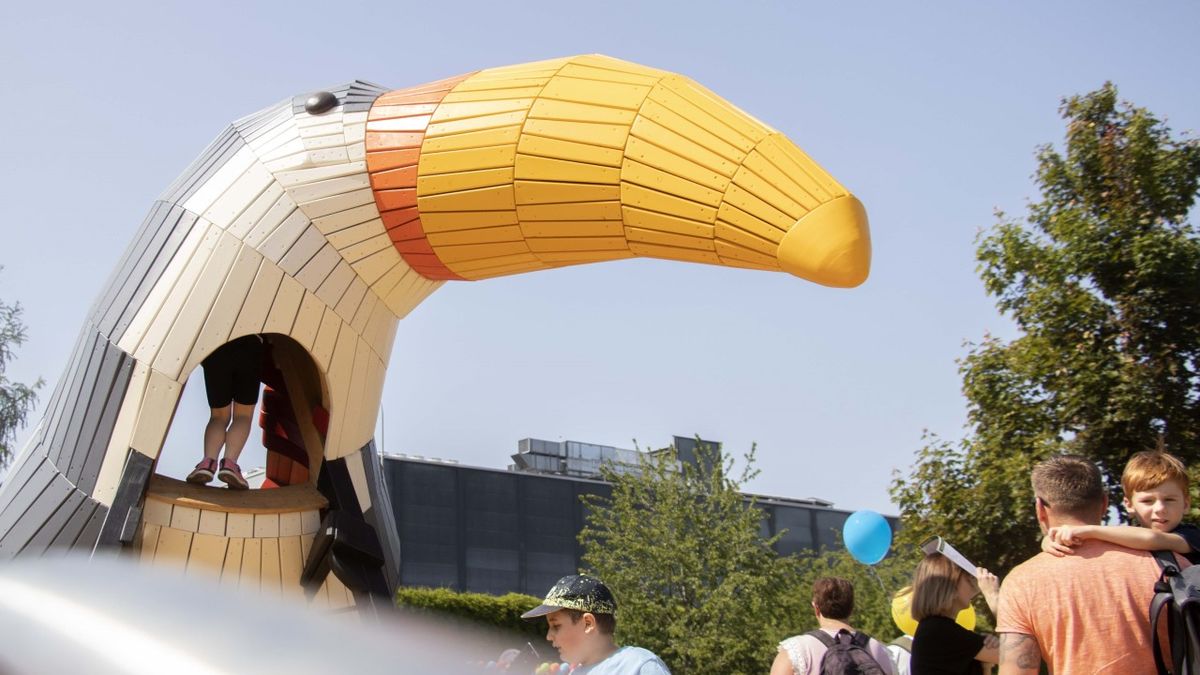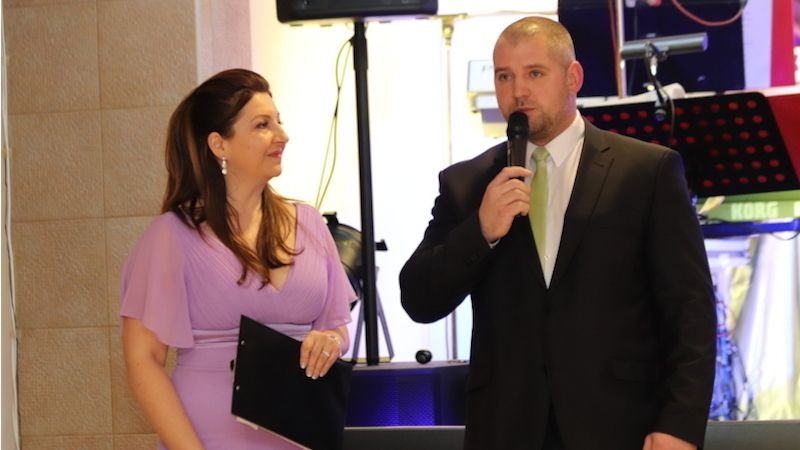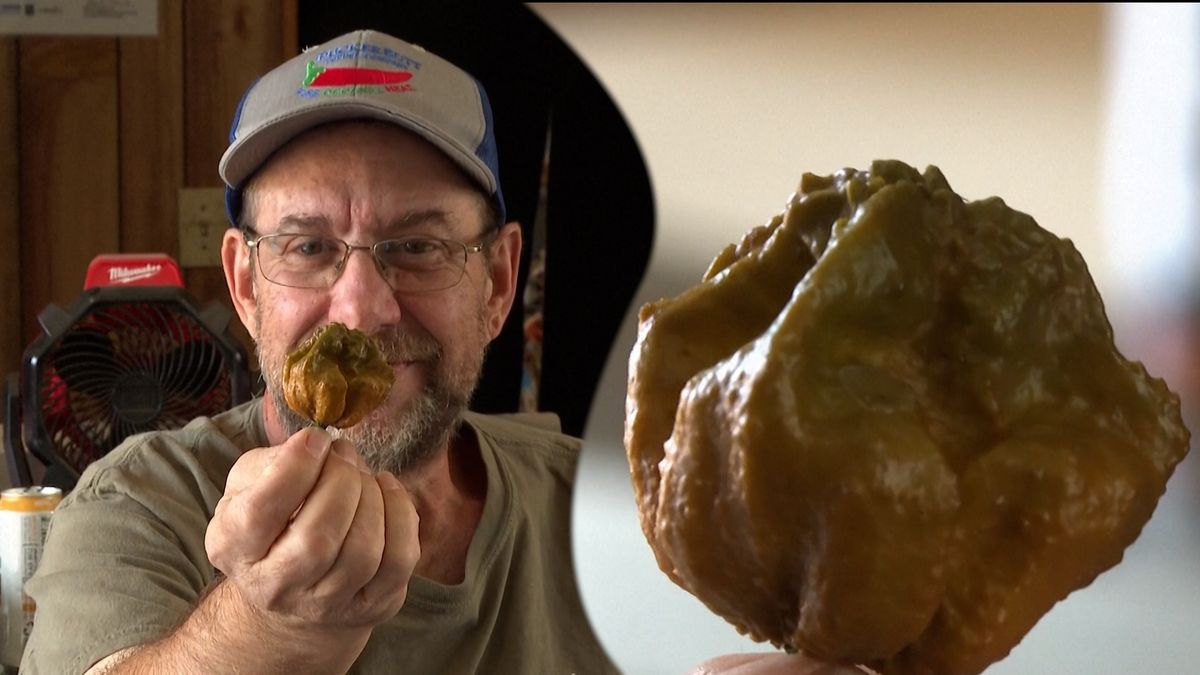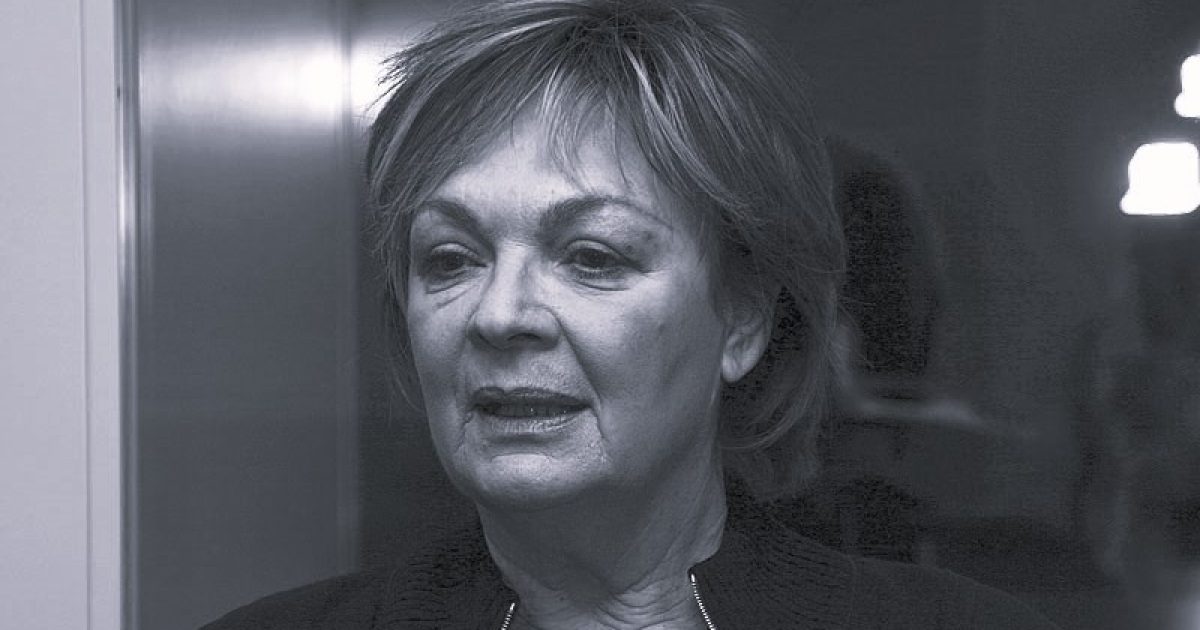How did this music come to you?
Honza Svěrák and I met eight years ago to film the fairy tale Three Brothers. We understand each other and have been meeting coffee or tea ever since. In doing so, we discuss things that interest us, for example, we have different views, and we enrich each other in the discussion.
After the phone rings like this again. I saw Honza calling, and it immediately occurred to me that maybe it was time for us to go for tea. But he suggested to me if I wanted to write a song for his libretto to a musical. It is said that he was not attacked by anyone else who would be able to compose the sixteen songs he might like. That pleases me, of course, and when I read the libretto I like, I agree.
Have you had any experience with musicals before?
There is no. I’ve never been to them as creators, or as actors and singers, or even as spectators. I’ve only seen a few in my life. However, Jan Svěrák’s offer was not rejected. Besides, I recognized him as a pure inspirational being, so I didn’t hesitate for a second.
Thanks to that, a whole new field of activity opened up for me. I’ve found that musicals are actually a very free genre where a music writer can do whatever he wants when he has good co-writers.
We’re rehearsing right now and I have to say that some of my colleagues, experienced musical actors, told me we were amazing. Maybe just because the songs are written in so many genres. There’s rap, country, gospel, folk, various styles. I go out.
I might digress a bit with this experiment, but I really enjoy reaching out to different music boxes. For me, music has always been the only thing that makes people happy. And thanks to working on a musical, I opened the gates to a creative garden of paradise, so to speak.
Have you received offers to play in musicals in the past?
Yes, they fly all around me. But it happened when I was young, actually early in my career. Then it may be shouted that I don’t accept them, and they stop walking. I didn’t reject them because of some prejudice. I can’t imagine myself in a musical.
Already at DAMU I have a big problem with dancing, which I really don’t enjoy. I really can’t imagine dancing on stage, much less singing.
Why did it change?
Over time, it occurred to me that things might not be what I saw them in my worst imagination. And practicing Branický’s musical magic showed me that I was totally wrong and that it could be fun.
So will you dance?
I will. But I must say that Tomáš Rychetský, who did the choreography, was very accommodating to me. At first he told me he knew me from several concerts and I knew I could dance. I think my movement creations with fellow musicians on stage and dance styles on stage are something completely different, but her work style, which is based on methods of working with natural body movements, suits me.
I am now an intuitive dancer, with the word dancer falling in double quotes. Tomas freed me from my fear of dancing, and even showed me that even for a woodworker like me, it can be fun.
Tomas Klus
Photo: Lucie Levá
Singer Pavel Krajíček, the main character, discovered by Jan Svěrák. you will play it. To what extent do you identify with him?
There was only one difference between us, and that was ten years, which Pavel was older than me. To me, Branick’s magic is a bit of Chekhov’s story. The plot is general at first and may be quite shallow. It’s easy to identify with the hero, whether it’s a lead role or a supporting role. But there is a magical turning point in the story, which is already purely non-Czech and common, because it doesn’t happen to everyone.
Nevertheless, I believe that the whole game can move people. I think not only emotionally, but also mentally, when she can reach the inner world, help them open up in the audience and let her leave the theater while believing in her inner potential.
I easily identified with Pavel Krajíček. I just thought, and I don’t want to say, that I realized I was the architect of my own happiness ten years earlier than he was.
Your repertoire of lyrics includes your thoughts and opinions. Do you have room for such a thing when writing songs for the musical, whose libretto was composed by Jan Svěrák?
Honza gives me clear boundaries, I work with creative boundaries. But it turned out great. For example, Honza Lstibůrek, who is a member of my band and who arranges songs for the group in the musical, which will play them live during performances, told me that listening to my songs is fun when I’m not singing them. myself in it.
When writing songs for musicals, I know what and how to say which song. So I don’t fly away to play with words or symbols, which would distract from the story itself.
By the way, I started making more this way. My wife Tamara writes children’s books and I turn fairy tales into songs. It works the same way, I have boundaries, themes, and I just play music and search for the right words. This is exactly how I wrote the song for the Seagull album in 2011. I knew in advance what they were going to talk about. It’s different when writing other songs. It’s like a hen sitting on an egg and waiting for her songs to come out.
I noticed that no one replaced Krajíček’s role with you. Are you the only one who will play it?
Yes, I will be in all shows. If I had never played a musical before, I would enjoy it now.
In mid-March, you start touring for the album Cítím. Has your relationship with the audience changed over the last two years, when there wasn’t much room for concerts?
In fact, I was wondering if I’d ever be on tour at all. A few days before it started, I returned from the Ukrainian border and didn’t know what the right move was to get out when the war was raging several hundred kilometers away.
But in the midst of the first concert in ár nad Sázavou, I understood that it was fine, because life should not only be protected but also celebrated, and the music was perfect for the ritual of celebrating life. I discovered again that my mission is to entertain people. When I see it works, I have to fulfill it.
However, at the autograph signing after the concert, I learned that some of the audience had the same doubts about whether they were at the concert. In the end, however, they left happily, with croissants from ear to ear. And that, I think, is true.

“Unapologetic social media guru. General reader. Incurable pop culture specialist.”

